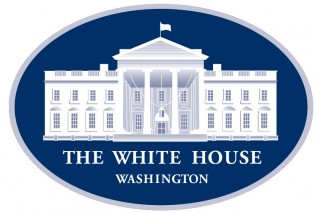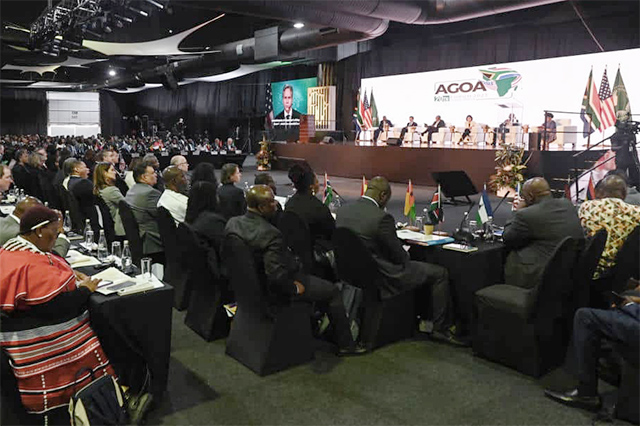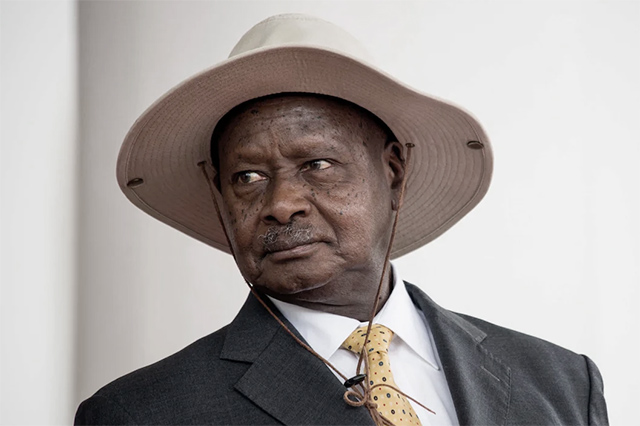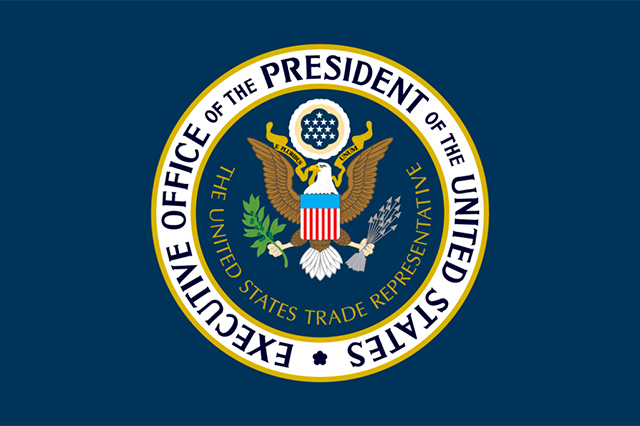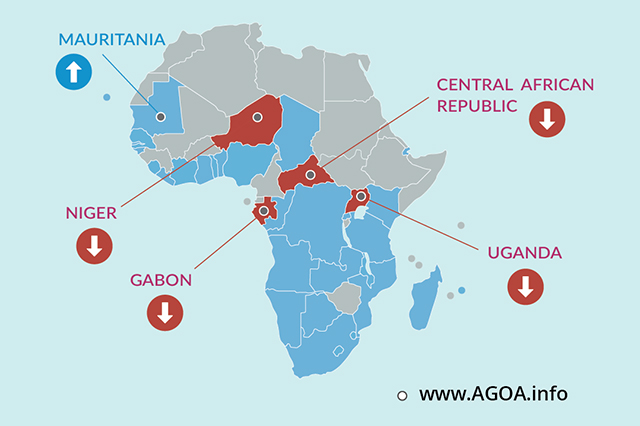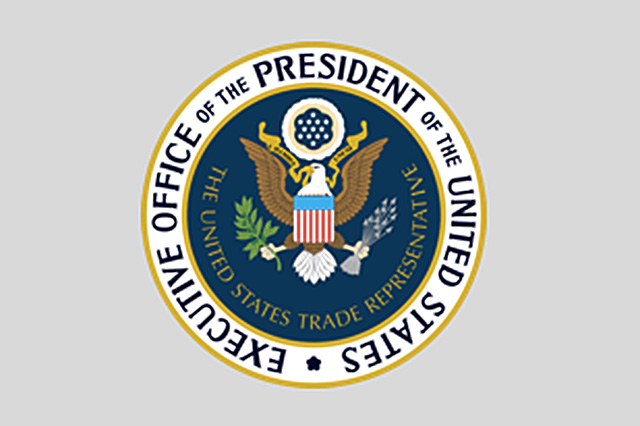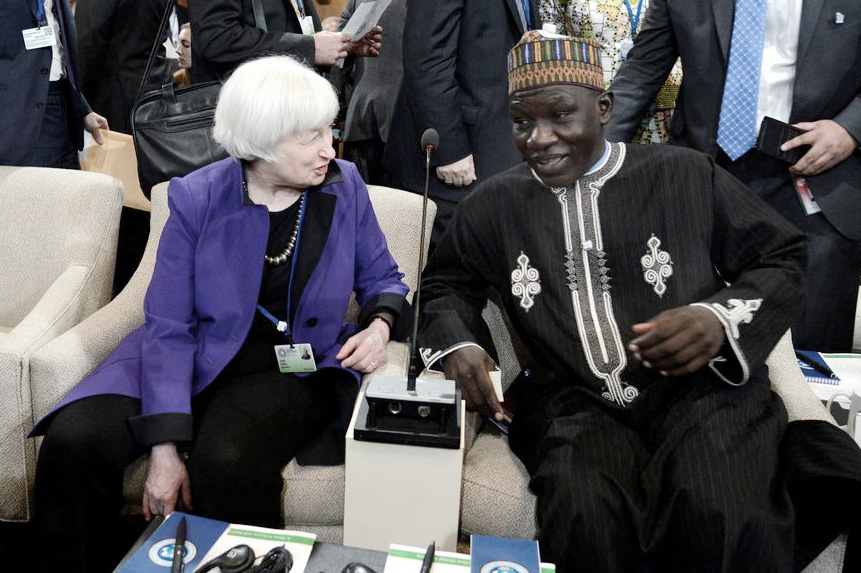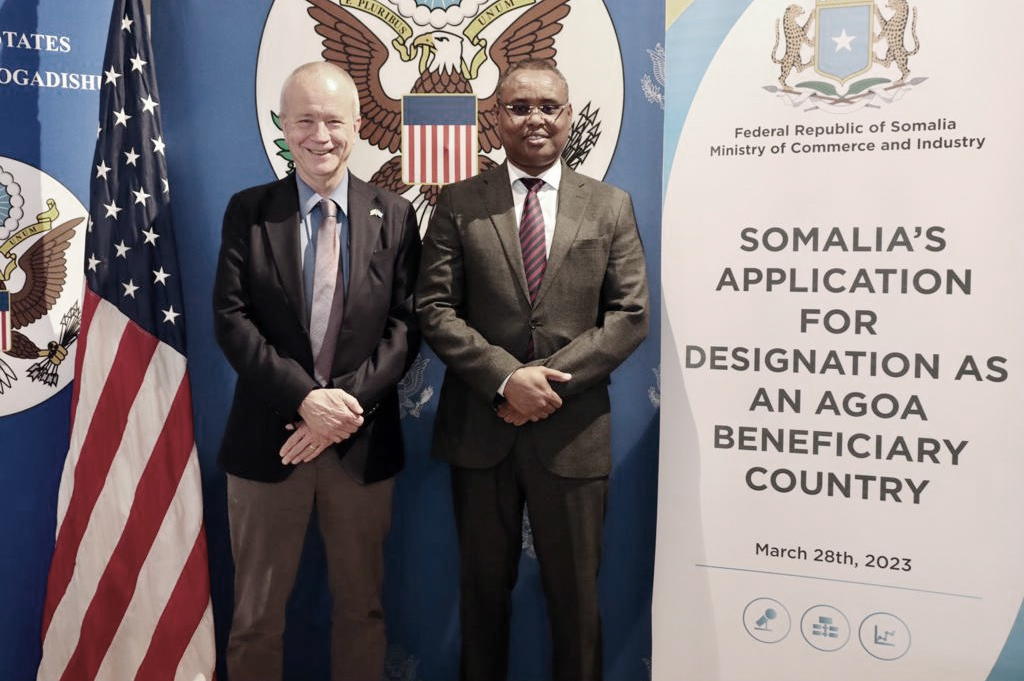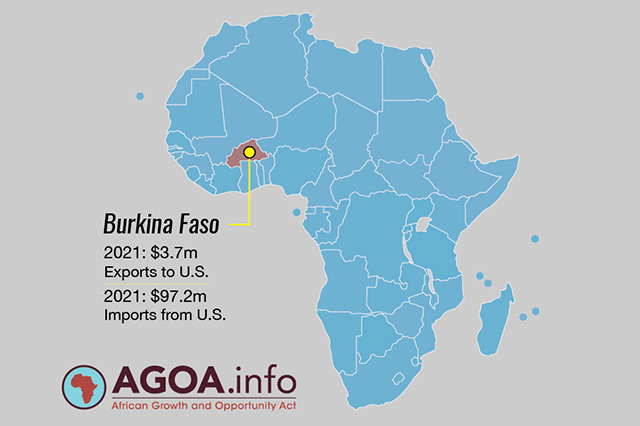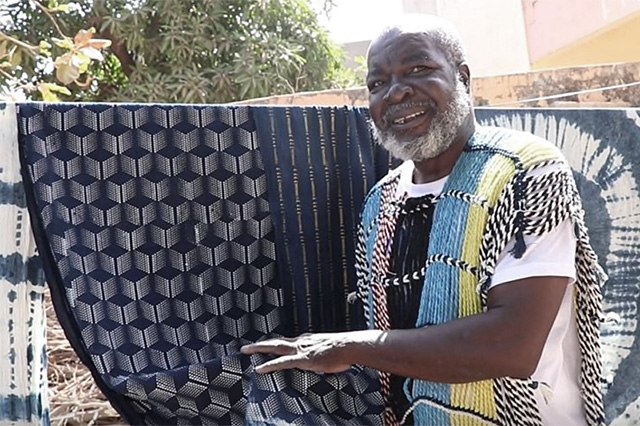Text of presidential proclamation regarding Mali and Guinea-Bissau losing AGOA preferences
Presidential Proclamation - African Growth and Opportunity Act
TO TAKE CERTAIN ACTIONS UNDER THE AFRICAN GROWTH AND OPPORTUNITY ACT AND FOR OTHER PURPOSES
BY THE PRESIDENT OF THE UNITED STATES OF AMERICA
A PROCLAMATION
1. Section 506A(a)(1) of the Trade Act of 1974, as amended (the "1974 Act") (19 U.S.C. 2466a(a)(1)), as added by section 111(a) of the African Growth and Opportunity Act (title I of Public Law 106-200) (AGOA), authorizes the President to designate a country listed in section 107 of the AGOA (19 U.S.C. 3706) as a "beneficiary sub-Saharan African country" if the President determines that the country meets the eligibility requirements set forth in section 104 of the AGOA (19 U.S.C. 3703), as well as the eligibility criteria set forth in section 502 of the 1974 Act (19 U.S.C. 2462).
2. Section 104 of the AGOA authorizes the President to designate a country listed in section 107 of the AGOA as an "eligible sub-Saharan African country" if the President determines that the country meets certain eligibility requirements.
3. Pursuant to section 104 of the AGOA and section 506A(a)(1) of the 1974 Act, I have determined that the Republic of South Sudan meets the eligibility requirements set forth or referenced therein, and I have decided to designate the Republic of South Sudan an eligible sub-Saharan African country and as a beneficiary sub-Saharan African country.
4. Section 506A(a)(3) of the 1974 Act (19 U.S.C. 2466a(a)(3)) authorizes the President to terminate the designation of a country as a beneficiary sub-Saharan African country for purposes of section 506A if he determines that the country is not making continual progress in meeting the requirements described in section 506A(a)(1) of the 1974 Act.
5. Pursuant to section 506A(a)(3) of the 1974 Act, I have determined that the Republic of Mali and the Republic of Guinea-Bissau are not making continual progress in meeting the requirements described in section 506A(a)(1) of the 1974 Act. Accordingly, I have decided to terminate the designations of the Republic of Mali and the Republic of Guinea-Bissau as beneficiary sub-Saharan African countries for purposes of section 506A of the 1974 Act, effective on January 1, 2013.
6. Section 502(e) of the 1974 Act (19 U.S.C. 2462(e)) provides that the President shall terminate the designation of a country as a beneficiary developing country for purposes of the Generalized System of Preferences (GSP) if the President determines that such country has become a "high-income" country
as defined by the official statistics of the International Bank for Reconstruction and Development. Termination is effective on January 1 of the second year following the year in which such determination is made.
7. Pursuant to section 502(e) of the 1974 Act, I have determined that the Federation of Saint Kitts and Nevis has become a "high-income" country. I am terminating the designation of that country as a beneficiary developing country for purposes of the GSP, effective January 1, 2014, and I will so notify the Congress.
8. On April 22, 1985, the United States and Israel entered into the Agreement on the Establishment of a Free Trade Area between the Government of the United States of America and the Government of Israel (USIFTA), which the Congress approved in the United States-Israel Free Trade Area Implementation Act of 1985 (the "USIFTA Act") (19 U.S.C. 2112 note).
9. Section 4(b) of the USIFTA Act provides that, whenever the President determines that it is necessary to maintain the general level of reciprocal and mutually advantageous concessions with respect to Israel provided for by the USIFTA, the President may proclaim such withdrawal, suspension, modification, or continuance of any duty, or such continuance of existing duty-free or excise treatment, or such additional duties, as the President determines to be required or appropriate to carry out the USIFTA.
10. In order to maintain the general level of reciprocal and mutually advantageous concessions with respect to agricultural trade with Israel, on July 27, 2004, the United States entered into an agreement with Israel concerning certain aspects of trade in agricultural products during the period January 1, 2004, through December 31, 2008 (the "2004 Agreement").
11. In Proclamation 7826 of October 4, 2004, consistent with the 2004 Agreement, the President determined, pursuant to section 4(b) of the USIFTA Act, that it was necessary in order to maintain the general level of reciprocal and mutually advantageous concessions with respect to Israel provided for by the USIFTA, to provide duty-free access into the United States through December 31, 2008, for specified quantities of certain agricultural products of Israel.
12. In 2008, 2009, 2010, and 2011, the United States and Israel entered into agreements to extend the period that the 2004 Agreement was in force for 1-year periods to allow additional time for the two governments to conclude an agreement to replace the 2004 Agreement.
13. To carry out the extension agreements, the President in Proclamation 8334 of December 31, 2008; Proclamation 8467 of December 23, 2009; Proclamation 8618 of December 21, 2010; and Proclamation 8770 of December 29, 2011, modified the Harmonized Tariff Schedule of the United States (HTS) to provide duty-free access into the United States for specified quantities of certain agricultural products of Israel, each time for an additional 1-year period.
14. On November 19, 2012, the United States entered into an agreement with Israel to extend the period that the 2004 Agreement is in force through December 31, 2013, to allow for further negotiations on an agreement to replace the 2004 Agreement.
15. Pursuant to section 4(b) of the USIFTA Act, I have determined that it is necessary, in order to maintain the general level of reciprocal and mutually advantageous concessions with respect to Israel provided for by the USIFTA, to provide duty-free access into the United States through the close of December 31, 2013, for specified quantities of certain agricultural products of Israel.
16. In Presidential Proclamation 8771 of December 29, 2011, pursuant to the authority provided in section 1206(a) of the Omnibus Trade and Competitiveness Act of 1988 (the "1988 Act") (19 U.S.C. 3006(a)), I modified the HTS to reflect amendments to the International Convention on the Harmonized Commodity Description and Coding System (the "Convention").
17. Presidential Proclamation 7746 of December 30, 2003, implemented the United States-Chile Free Trade Agreement (USCFTA) with respect to the United States and, pursuant to the United States-Chile Free Trade Agreement Implementation Act (the "USCFTA Act") (19 U.S.C. 3805 note), incorporated in the HTS the schedule of duty reductions and rules of origin necessary or appropriate to carry out the USCFTA.
18. In order to ensure the continuation of such staged reductions in rates of duty for originating goods of Chile in tariff categories that were modified to reflect amendments to the Convention, Presidential Proclamation 8771 made modifications to the HTS that I determined were necessary or appropriate to carry out the duty reductions proclaimed in Proclamation 7746.
19. Chile is a party to the Convention. Because the substance of the changes to the Convention are reflected in slightly differing form in its national tariff schedule, the rules of origin set out in the USCFTA must be changed to ensure that the tariff and certain other treatment accorded under the USCFTA to originating goods will continue to be provided under the tariff categories that were modified in Proclamation 8771. The United States and Chile have agreed to make these changes to certain rules of origin set out in the USCFTA.
20. Section 202 of the USCFTA Act provides rules for determining whether goods imported into the United States originate in the territory of a USCFTA Party and thus are eligible for the tariff and other treatment contemplated under the USCFTA. Section 202(o) of the USCFTA Act authorizes the President to proclaim, as part of the HTS, the rules of origin set out in the USCFTA and to proclaim any modifications to such previously proclaimed rules of origin, subject to the exceptions stated in section 202(o)(2)(A).
21. Presidential Proclamation 8840 of June 29, 2012, modified the HTS to reflect changes to duty-free treatment under the GSP. Annex I to that proclamation included an error in the list of subheading numbers to be added at general note 4(d) to the HTS, and I have determined that a modification to the HTS is necessary to correct that technical error.
22. Presidential Proclamation 8894 of October 29, 2012, pursuant to the authority provided under section 202(o)(2)(B)(ii) of the United States-Korea Free Trade Agreement Implementation Act, modified the HTS, through section E of Annex III of Publication 4349 of the United States International Trade Commission (the "Commission"), to correct a clerical error regarding a provision of chapter 61 (as included in Annex 4-A of the United States-Korea Free Trade Agreement).
23. Section E of Annex III of Publication 4349 contained a typographical error within the correction that needs to be corrected. I have determined that a modification to the HTS is necessary to correct this typographical error and to provide the intended tariff treatment.
24. Presidential Proclamation 8894 of October 29, 2012, modified the HTS as provided in Annex II of Publication 4349 of the Commission to implement the initial stage of duty elimination provided for in the United States-Panama Trade Promotion Agreement and to provide for further staged reductions in duties for originating goods of Panama. The proclamation erroneously referred to "originating goods of Colombia" and should instead refer to "originating goods of Panama."
25. Section 604 of the 1974 Act (19 U.S.C. 2483) authorizes the President to embody in the HTS the substance of the relevant provisions of that Act, and of other acts affecting import treatment, and actions taken thereunder, including the removal, modification, continuance, or imposition of any rate of duty or other import restriction.
NOW, THEREFORE, I, BARACK OBAMA, President of the United States of America, by virtue of the authority vested in me by the Constitution and the laws of the United States of America, including but not limited to title V and section 604 of the 1974 Act, section 104 of the AGOA, section 4 of the USIFTA Act, and section 202 of the USCFTA Act do proclaim that:
(1) The Republic of South Sudan is designated as an eligible sub-Saharan African country and as a beneficiary sub-Saharan African country.
(2) In order to reflect this designation in the HTS, general note 16(a) to the HTS is modified by inserting in alphabetical sequence in the list of beneficiary sub-Saharan African countries "Republic of South Sudan."
(3) The designations of the Republic of Mali and the Republic of Guinea-Bissau as beneficiary sub-Saharan African countries for purposes of section 506A of the 1974 Act are terminated, effective on January 1, 2013.
(4) In order to reflect in the HTS that beginning on January 1, 2013, the Republic of Mali and the Republic of Guinea-Bissau shall no longer be designated as beneficiary sub-Saharan African countries, general note 16(a) to the HTS is modified by deleting "Republic of Mali" and "Republic of Guinea-Bissau" from the list of beneficiary sub-Saharan African countries. Further, note 2(d) to subchapter XIX of chapter 98 of the HTS is modified by deleting "Republic of Guinea-Bissau" and "Republic of Mali" from the list of lesser developed beneficiary sub-Saharan African countries.
(5) The designation of the Federation of Saint Kitts and Nevis as a beneficiary developing country for purposes of the GSP is terminated, effective on January 1, 2014.
(6) In order to reflect this termination in the HTS, general note 4(a) to the HTS is modified by deleting "St. Kitts and Nevis" from the list of independent countries, effective with respect to articles entered, or withdrawn from warehouse for consumption, on or after January 1, 2014.
(7) In order to implement U.S. tariff commitments under the 2004 Agreement through December 31, 2013, the HTS is modified as provided in Annex I to this proclamation.
(8)(a) The modifications to the HTS set forth in Annex I to this proclamation shall be effective with respect to eligible agricultural products of Israel that are entered, or withdrawn from warehouse for consumption, on or after January 1, 2013.
(b) The provisions of subchapter VIII of chapter 99 of the HTS, as modified by Annex I to this proclamation, shall continue in effect through December 31, 2013.
(9) In order to reflect in the HTS the modifications to the rules of origin under the USCFTA, general note 26 to the HTS is modified as provided in Annex II to this proclamation.
(10) In order to correct a technical error in the list of subheading numbers at general note 4(d) to the HTS, the HTS is modified as set forth in section A of Annex III to this proclamation.
(11) In order to provide the intended tariff treatment to goods of Korea under the terms of general note 33, the HTS is modified as set forth in section B of Annex III to this proclamation.
(12) Paragraph (3) of Presidential Proclamation 8894 is amended to correct an inadvertent error by replacing "Colombia" with "Panama."
(13) Any provisions of previous proclamations and Executive Orders that are inconsistent with the actions taken in this proclamation are superseded to the extent of such inconsistency.
IN WITNESS WHEREOF, I have hereunto set my hand this twentieth day of December, in the year of our Lord two thousand twelve, and of the Independence of the United States of America the two hundred and thirty-seventh.
BARACK OBAMA


